Decoding Soft Drinks: Halal or Haram?| Unveiling the Truth | 2023
Unveiling the Truth: Analyzing the Halal and Haram Aspects of Soft Drinks

Decoding Soft Drinks: Halal or Haram?
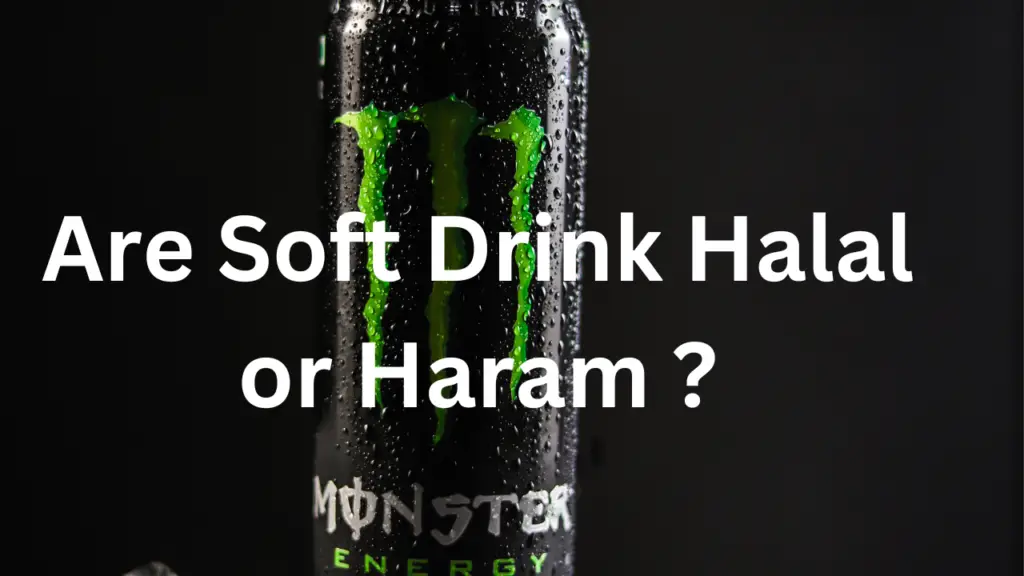
- Facts About Christianity |Unrelieving Truth| 2023
- Christian Holidays | Exploring Christian Festivals
- Hinduism Temples | Exploring the Majesty | Sacred Sanctuaries | 2023
Introduction
In today’s diverse and interconnected world, questions surrounding the halal or haram status of various consumables, including soft drinks, have become a topic of discussion among communities and individuals. Halal, derived from Arabic, means permissible, while haram signifies forbidden. The complexity of determining whether soft drinks fall into these categories requires an exploration of their ingredients, production processes, and the principles of Islamic dietary laws.
Ingredients and Their Sources
The halal status of soft drinks hinges primarily on the ingredients used in their production. While the core components of most soft drinks—water, sugar, carbon dioxide, and flavors—are generally not contentious, certain additives and flavorings can raise concerns. Common additives include stabilizers, colorings, and emulsifiers, some of which could originate from animal or plant sources. To be considered halal, these ingredients must be derived from halal sources.
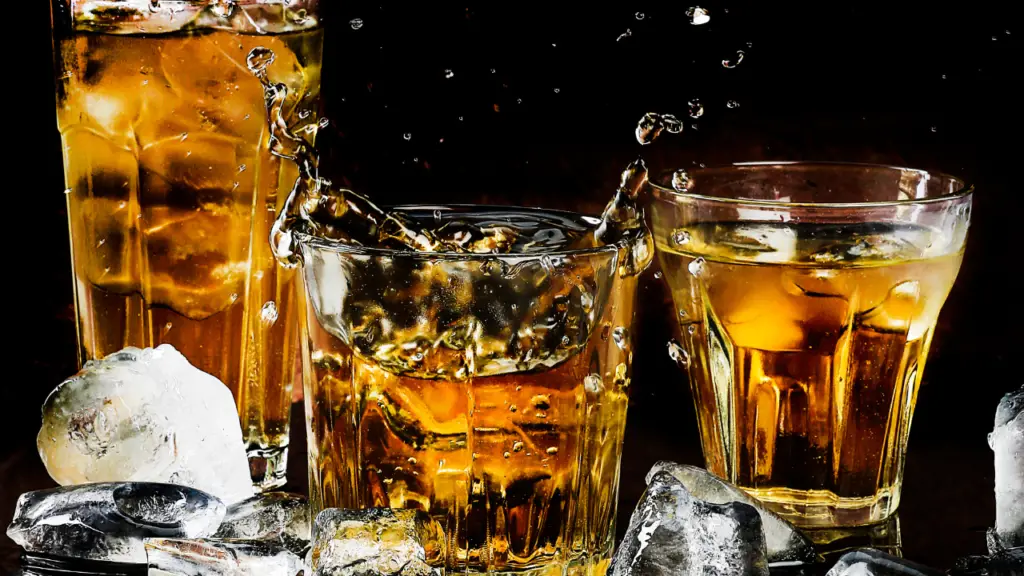
The Issue of Alcohol
One contentious ingredient often encountered in the realm of soft drinks is alcohol. Islamic dietary laws strictly forbid the consumption of alcohol. Some soft drinks might contain minute traces of alcohol as a result of the fermentation process used in producing certain flavorings. However, the alcohol content is typically extremely low and not intended for intoxication. Scholars differ in their opinions on whether such minute amounts are permissible, resulting in varying viewpoints within the Muslim community.
Cross-Contamination and Manufacturing Processes:
Another aspect to consider is the potential for cross-contamination during manufacturing. If a facility produces both halal and non-halal products, there is a possibility of shared equipment or surfaces. This can pose challenges in ensuring the complete separation of halal and non-halal products, which might render otherwise halal soft drinks as haram due to potential contact with forbidden substances.
Certification and Transparency
To address the concerns related to ingredients, manufacturing processes, and cross-contamination, halal certification agencies have emerged. These organizations assess and verify products, including soft drinks, for their adherence to Islamic dietary laws. Obtaining a halal certification provides consumers with reassurance about a product’s compliance with halal standards. Moreover, it encourages companies to maintain transparency in their production methods and ingredient sourcing.
Pepsi is made from carbonated water, sugar or high fructose corn syrup, phosphoric acid, caffeine, and artificial sweeteners like aspartame and acesulfame potassium.
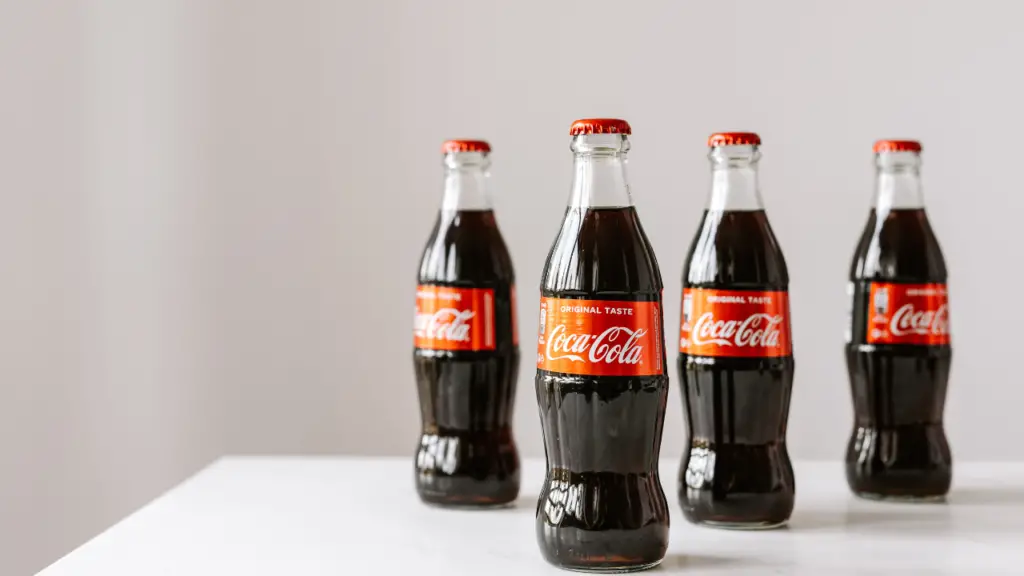
Global Variation and Local Practices
It’s important to note that interpretations of halal and haram can vary across different Islamic traditions and cultures. What might be considered halal in one region could be deemed haram in another. This diversity is rooted in the various schools of thought within Islam. Therefore, the halal status of soft drinks might be influenced by the predominant Islamic viewpoint in a particular geographic area.
Educating Consumers
Informed consumer choice plays a crucial role in navigating the halal or haram status of soft drinks. Individuals seeking to consume halal products should develop a basic understanding of common ingredients and their sources, familiarize themselves with reputable halal certification logos, and explore resources provided by Islamic scholars and organizations.
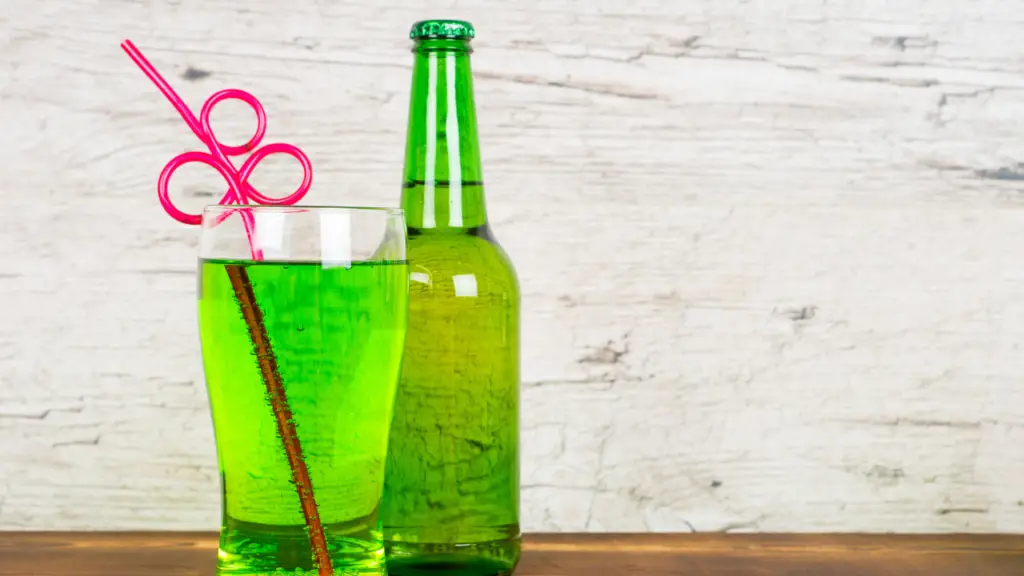
The Gray Areas
Despite efforts to clarify the halal status of soft drinks, there are still gray areas that present challenges. These uncertainties stem from the intricacies of ingredient origins, the impact of manufacturing processes, and the differing opinions of Islamic scholars. In such cases, personal beliefs and convictions will guide an individual’s decision regarding consumption.
Conclusion
Decoding whether soft drinks are halal or haram is a multifaceted task that requires careful consideration of ingredients, manufacturing processes, halal certifications, and regional variations within Islamic traditions. As the halal industry continues to evolve and gain recognition, efforts toward transparency, certification, and education will contribute to helping Muslims make informed dietary choices aligned with their beliefs. Ultimately, the decision to consume soft drinks, or any other product, will continue to be a personal one influenced by one’s religious understanding and individual values.
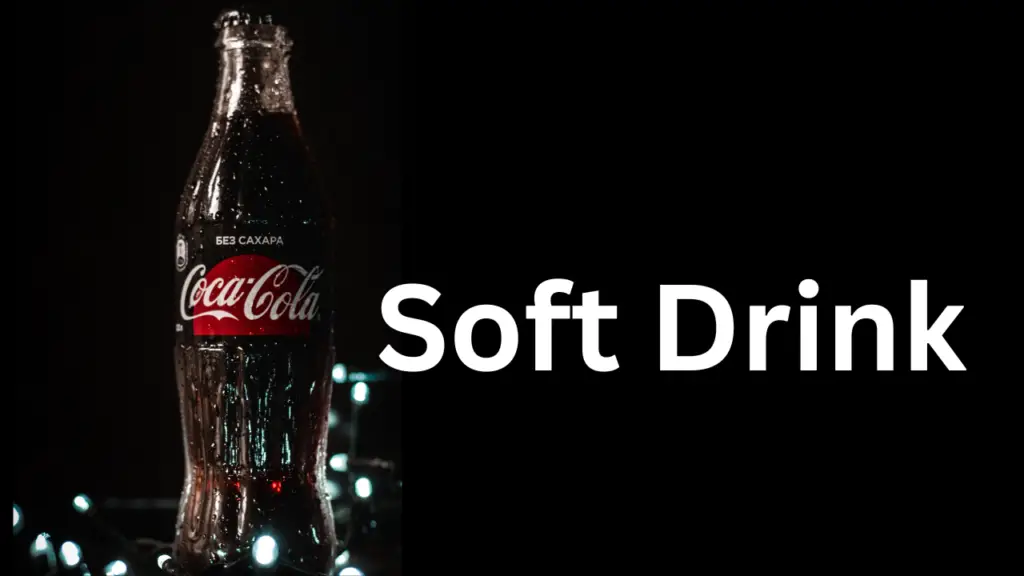
Decoding Soft Drinks Halal or Haram?
Not necessarily. The halal status of a soft drink depends on its ingredients and production process. Some soft drinks may contain additives or flavors that are not permissible in Islam.
What are common haram ingredients in soft drinks?
Soft drinks containing alcohol-based flavorings, gelatin derived from non-halal sources, or extracts from animals not slaughtered according to Islamic guidelines could be considered haram.
How can I determine if a soft drink is halal?
Look for products with halal certification from recognized Islamic authorities. Additionally, studying the ingredient list and researching the sources of additives can provide insight into the drink’s halal status.





